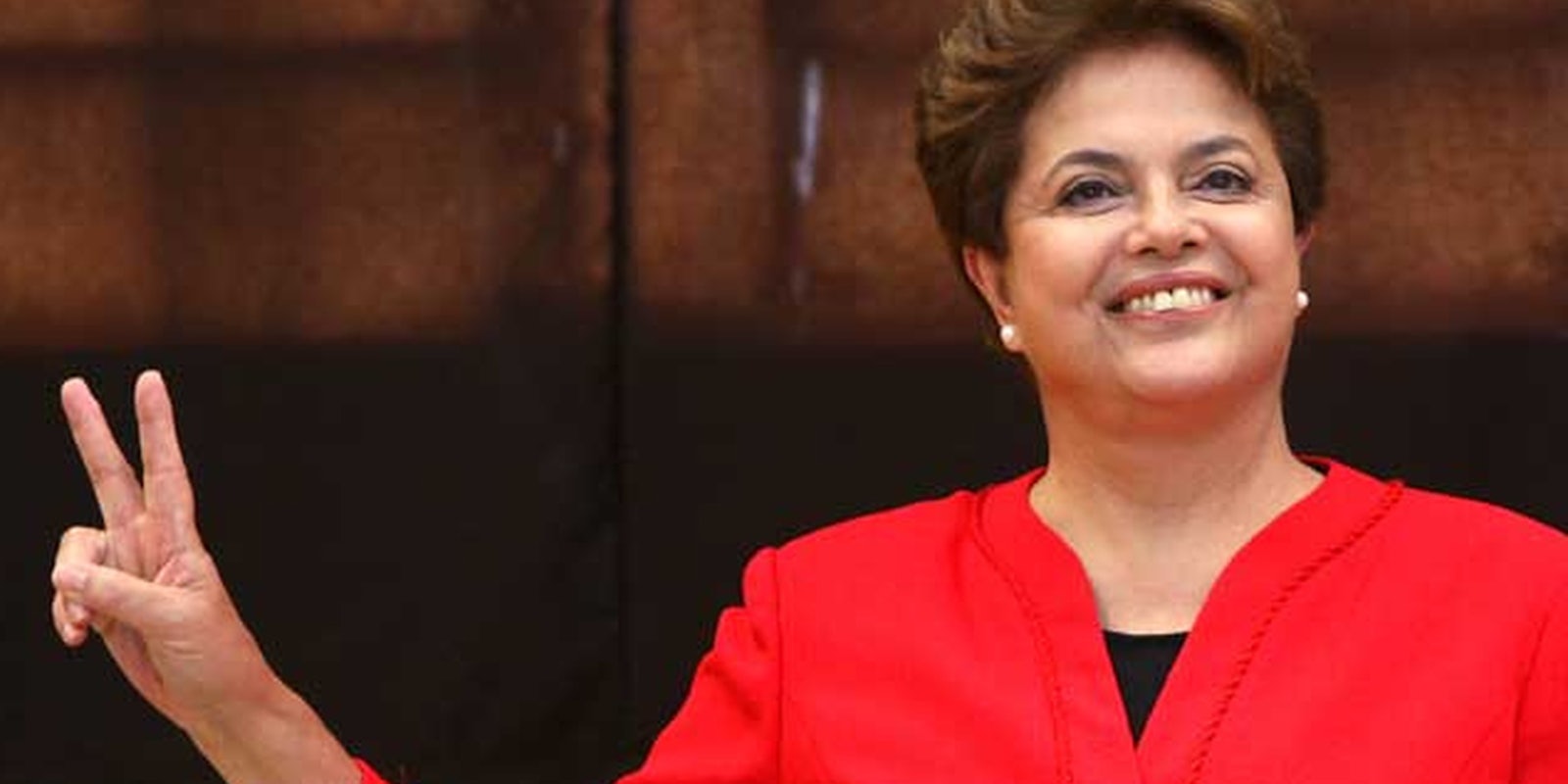Brazil is taking steps to create its own Internet, but not for the same reasons that have inspired Iran to take that step (or at least not exactly).
Brazil is hardly concerned about the devious carnality of the Western Internet (it can be argued that it is a net exporter thereof), but it is concerned with the power the U.S. exerts over it—especially in light of the NSA’s recent activities.
Since Edward Snowden began leaking information from the American spy agency, the Brazilian government and the Brazilian public have discovered the NSA spied on Brazilians’ emails and phone records, on its president, Dilma Rousseff, and on its main oil company, Petrobras.
Additional relevant revelations include the news that the U.S. taps undersea cables to intercept communications and sets backdoors into American software. Most Internet traffic to and from Brazil goes through the U.S., and much of its software is U.S.-made.
Brazil is the sixth largest economy in the world and has been in growth mode for years. It’s culturally relevant, its music and dance globally praised, and it is politically influential, especially in Latin America. So Brazil isn’t just pissed off, it’s pissed off with resources to hand.
President Rousseff proposed a series of measures, including a mandate that companies such as Google and Facebook store Brazilian Internet users’ data on servers within the country’s borders.
In addition, Brazil plans to create an underwater fiber optic network linking the countries of South America to Europe, in order to circumvent U.S. eavesdropping. Additionally, Rousseff has pressed the U.N. General Assembly to institute international rules standardizing what member countries can do in terms of software and hardware surveillance.
Telebras, Brazil’s national telecommunications concern, will launch a communications satellite in 2016, which should allow even more control of, and provide resources for, communications independent of the U.S.
Among the dangers of individual nations asserting control over the Internet are interoperability of programs across borders (for an idea of how that would look, check out the problem with cross-border electronic banking transfers in Africa), an even greater digital freedom divide as countries establish better control over smaller and more manageable sections of the online world, and cost.
If those countries pushing for “cyber-sovereignty” at the International Telecommunications Union meeting in Dubai are any indication, repressive countries are also the biggest fans of national control. While Brazil is no China, it is not exactly a white knight either, often coming in the top five of countries making information requests to Google (and occasionally topping the list), still affected by criminal impunity against online activists and journalists, and guilty of implementing some distressingly anti-free speech measures online.
H/T AP | Photo by Yanna Abrielle Garcia/Flickr


